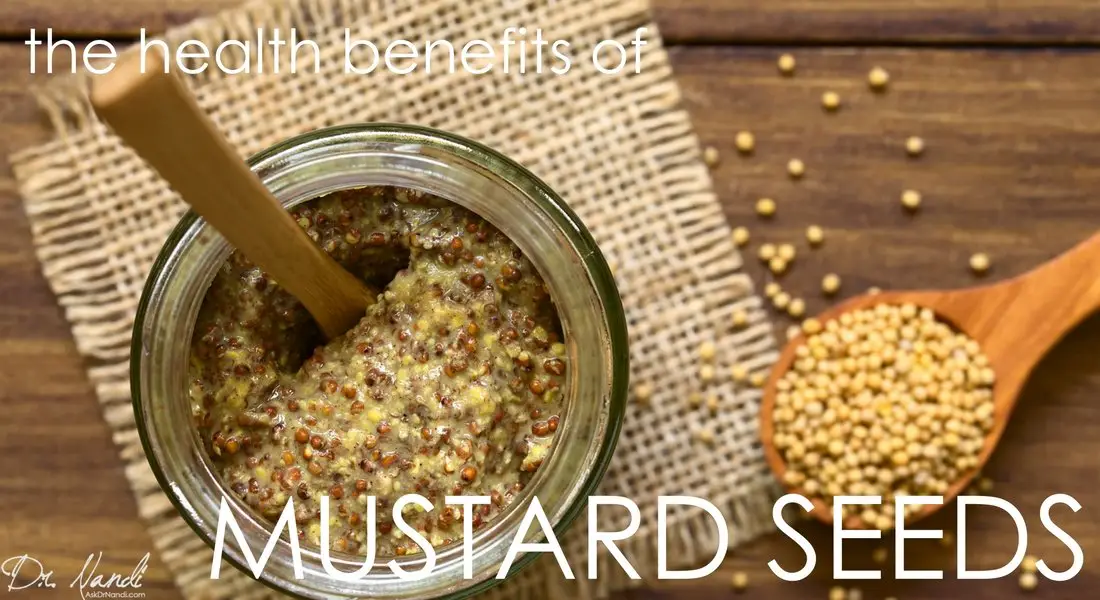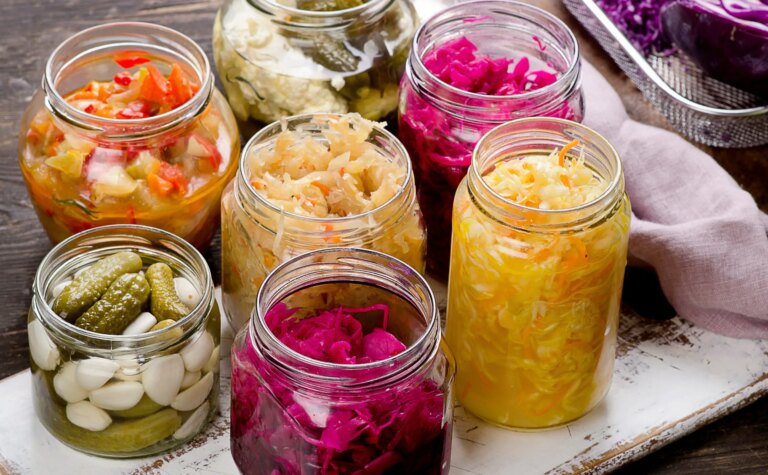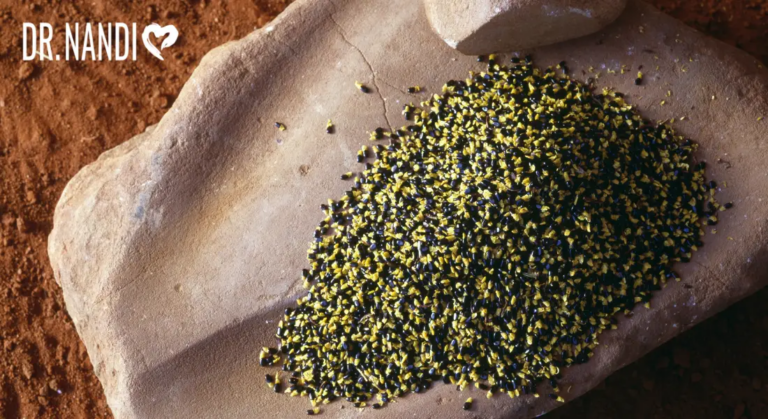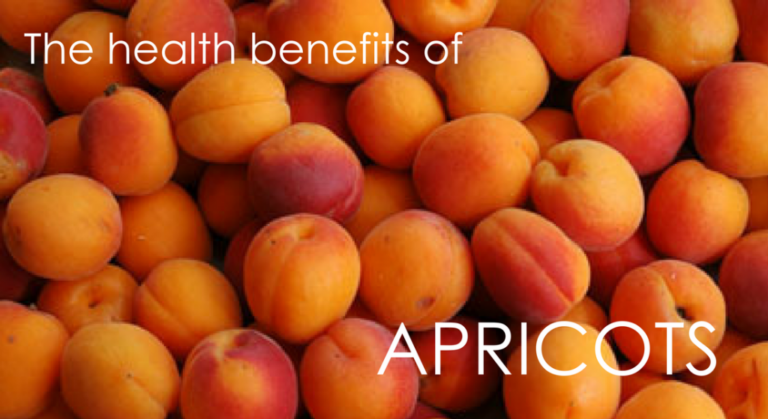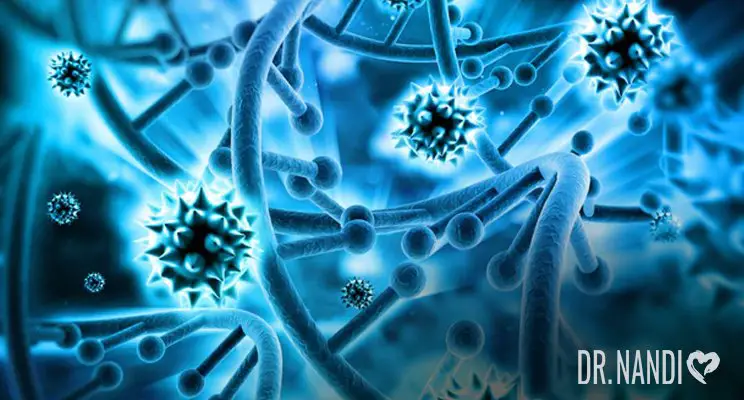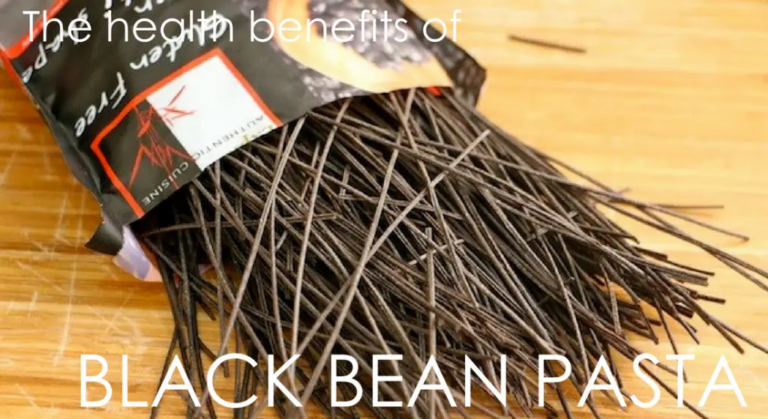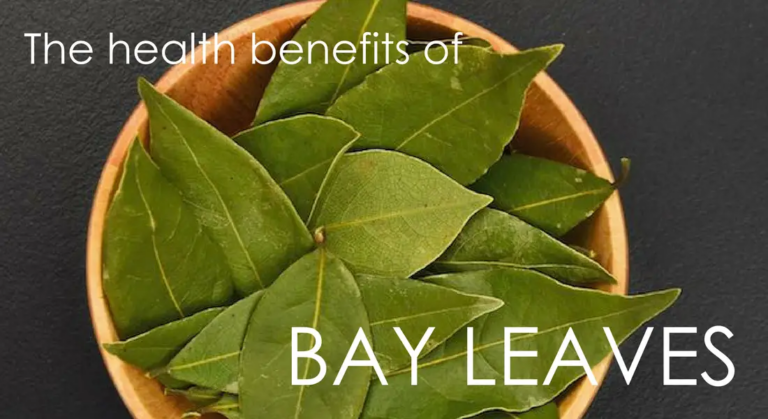High in B-Complex Vitamins
If you want to increase your consumption of essential B-complex vitamins, add mustard seeds to your diet. Tocopherols, riboflavin, pyridoxine, and pantothenic acid are all found in mustard seeds. These B-complex vitamins are necessary for the body because they help with enzyme synthesis, nervous system function, and body metabolism.
High in Essential Minerals
Need to get more minerals into your diet? Add mustard seeds! Research has shown that mustard seeds contain calcium, manganese, copper, iron, selenium, and zinc. A lot of research has shown that mustard seeds have a lot of these minerals. Calcium helps with building bones and teeth. They also have a lot of manganese, which the body needs to make an enzyme that fights free radicals. The copper found in mustard seeds is essential for producing red blood cells, and iron is required for red blood cell formation and cellular metabolism.
Good for Psoriasis
Recent studies have found that mustard seeds can help lessen the effects of psoriasis, a chronic inflammatory autoimmune disease. There have been promising results showing that mustard seeds may effectively aid the inflammation and lesions associated with psoriasis. Researchers are studying using mustard seeds to help stimulate the activities of good enzymes such as superoxide dismutase and others which encourage protective and healing actions/
Good for the Heart
Mustard seeds and mustard oil is a healthy choices for your heart. Research has shown how effective mustard oil was for patients suspected of acute myocardial infarction (heart attack). Early results have shown promising positive results. Mustard seeds and the oil may help reduce the rate of cardiac arrhythmia and reduce ventricular enlargement and chest pains. Researchers believe that mustard’s cardioprotective properties may be caused by the presence of Omega – 3 fatty acids found in it.
Beneficial Against Colorectal and Gastrointestinal Tract Cancers
Mustard seeds contain a good amount of phytonutrients called glucosinolates. Mustard seeds also have an enzyme called myrosinase. This enzyme helps break down glucosinolate into other types of plant nutrients. Research has shown that the isothiocyanates can help fight cancer in many animal studies. These phytonutrients are effective in studies involving the gastrointestinal tract and colorectal cancer. Studies have shown that a more significant intake of isothiocyanates helps inhibit the growth of existing cancer cells and protect against the formation of such cells.



